Wild West Words: Hike, Nocturnal and Flammulated

Hike
We who love hiking associate it with robust exercise, fresh air, stunning vistas. But when our 19th century English-speaking predecessors “hiked,” they were not enjoying a pleasurable perambulation.
The Dictionary of the Vulgar Tongue, published in London in 1811, defines the word this way: “hike: to run away.” Fourteen years later, London scholar James Jennings, in his Observations on the Dialects in the West of England, notes, “Hike off, to go away; to go off. Used generally in a bad sense.”
Why did the word have such oddly unpleasant connotations?
Nobody knows. Hike, it seems, has been very difficult to trace, with no apparent Latin, French, or Germanic ancestry. The Oxford English Dictionary tentatively suggests that hike may be related to another dialectal British word, hoick, meaning “to haul or turn out; to lift up or hoist often with a jerk or rapid movement.” (Hoick is probably related to the sense of hike that describes pulling up your pants after they’ve worked their way down your waist, or to the cry “hike!” that accompanies the snap of a football.)
Hike eventually crossed the Atlantic, where 20th century Americans embraced the mongrel word, marrying it to their appreciation for trekking throughout the nation’s beautiful landscape. What would we do without the hike meaning “to go on a long walk for pleasure or exercise”?
Nocturnal
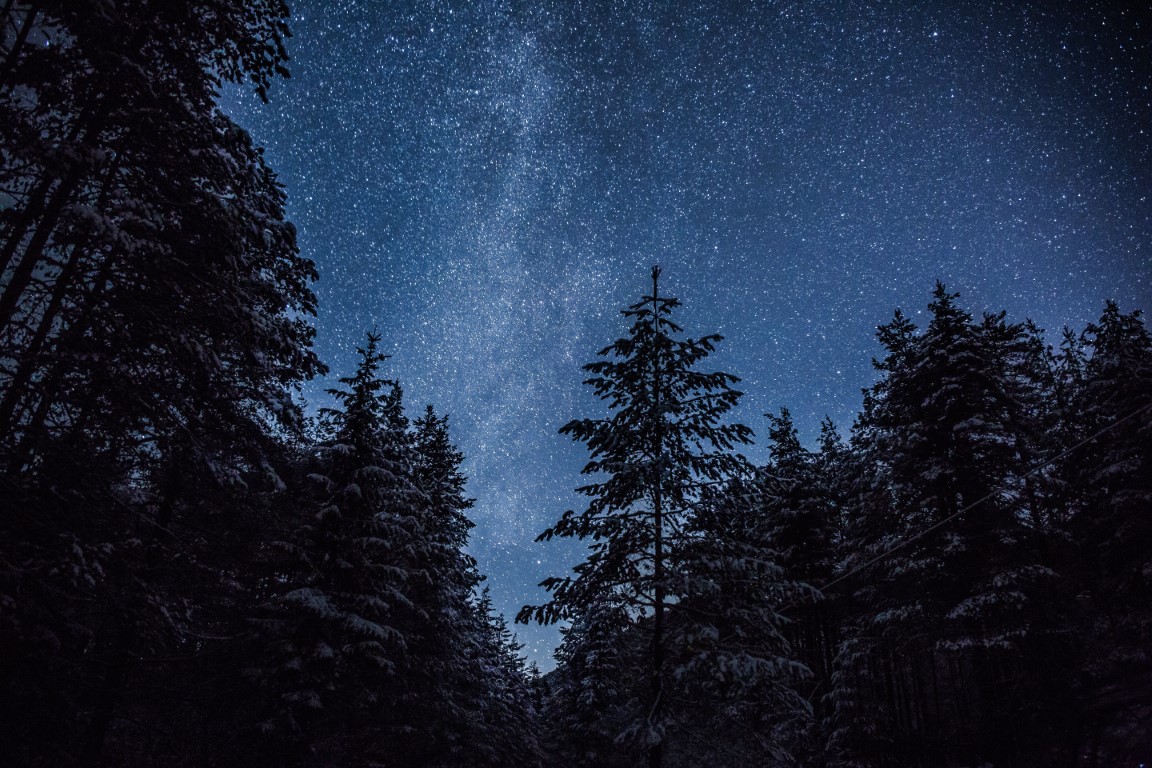 Montana has quite a tribe of animals working the night shift: owls, bats, raccoons, nighthawks and skunks are adapted to forage and hunt after the sun goes down.
Montana has quite a tribe of animals working the night shift: owls, bats, raccoons, nighthawks and skunks are adapted to forage and hunt after the sun goes down.
These, and other animals around the world that are active at night, have been called nocturnal since as long ago as 1599. Poet Alexander Pope, in a 1726 translation of Homer’s Odyssey, wrote of a “rifted den, where flock nocturnal bats.”
Derived from nox, the Latin word for night, nocturnal is related to equinox, literally “equal night” (equinox occurs this year on September 22). Nocturnal has another relative in nocturne, a musical composition suggestive of night.
Flammulated
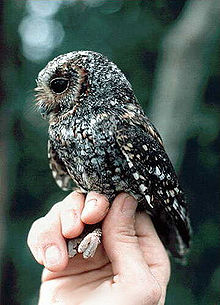
Most of us will never see a flammulated owl in the wild. A summertime resident of western Montana, this bird is a small treetop-dweller, camouflaged to blend with its preferred pine forest habitat. In addition, it also works the night shift, making the flammulated owl practically invisible to all but the most dedicated bird-watcher.
But we can eavesdrop on the bird with recordings of its calls and spy on its image in photographs. The photos reveal an owl not much larger than a soda can with mottled plumage of grey, brown, white and rust. A key field mark of the flammulated owl is a streak of ruddy feathers along the shoulder and back. The bird’s common name comes from this “flaming” streak.
Flammulated derives from the Latin flammula, meaning “small flame.” The owl shares its name with several other “flame” words: flamboyant, flamingo (literally “the flaming one”), flagrant, flambé, flammable and conflagration.
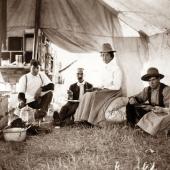
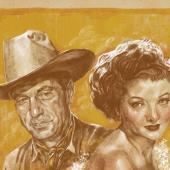
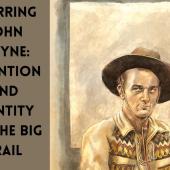
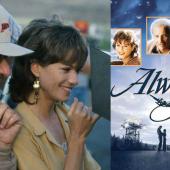



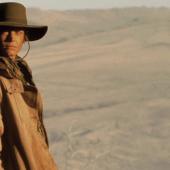




Leave a Comment Here